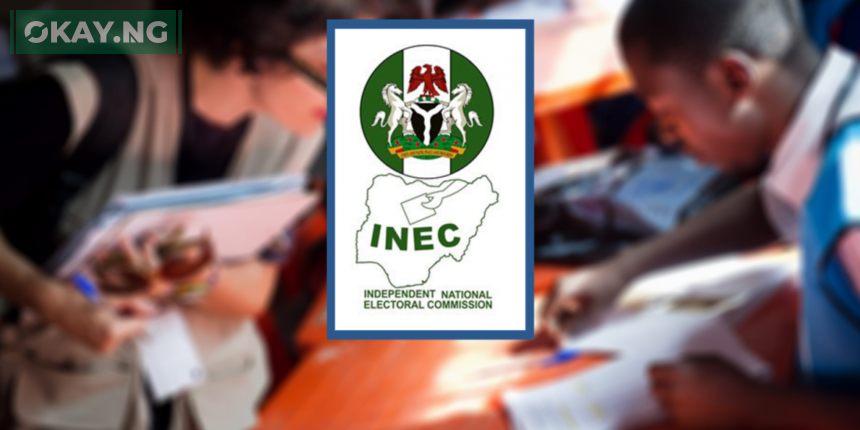The Independent National Electoral Commission (INEC) has provided clarification on the reasons behind the failure to upload the February 25 presidential election results to its viewing portal, iReV.
The commission faced criticism, particularly from opposition political parties, for the inability to upload the results, which was one of the factors cited by the Peoples Democratic Party (PDP) candidate, Atiku Abubakar, and his Labour Party counterpart, Peter Obi, in their legal challenge against President Bola Tinubu’s election victory.
In its official report released on Friday, INEC explained that while the House of Representatives and Senate election results were successfully uploaded, the presidential results encountered technical issues and returned a “HTTP server error response.”
Sam Olumekun, the INEC National Commissioner and Chairman of the Information and Voter Education Committee, assured that the failed upload of the presidential results sheets did not compromise the credibility of the election.
Addressing the media in Abuja, Olumekun stated, “The report showcases the election’s unparalleled diversity in party representation, demonstrating significant democratic progress.
“This election saw four political parties winning gubernatorial races, seven parties winning senatorial seats, eight in federal constituencies, and nine in state legislatures, illustrating a broad shift in political representation across Nigeria.
“The report underscores the pivotal role of technological advancements, particularly the Bimodal Voter Accreditation System (BVAS), in enhancing electoral integrity and reducing fraud.
“Furthermore, it addresses public concerns about the INEC Result Viewing (iReV) portal, explaining the technical issues encountered during the upload of polling unit results for the presidential election.
“Other aspects covered in the report include logistics, security arrangements, staff recruitment and training, inclusivity measures, and the electoral framework.”












